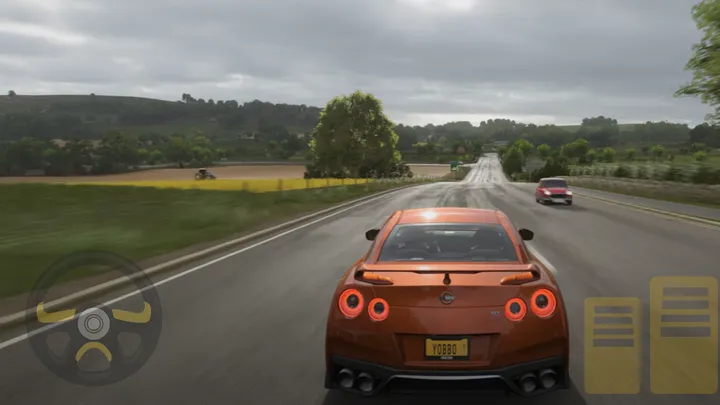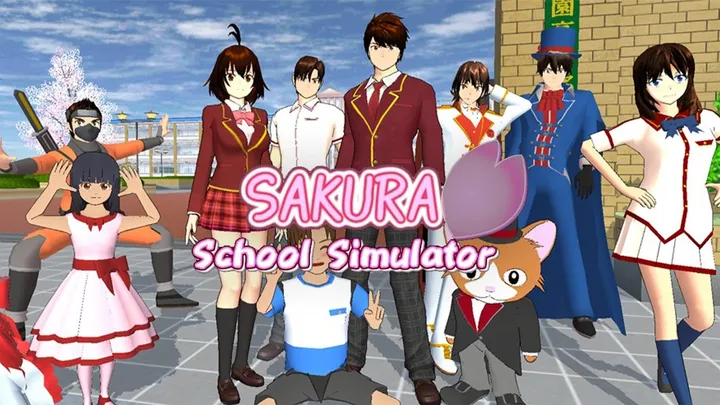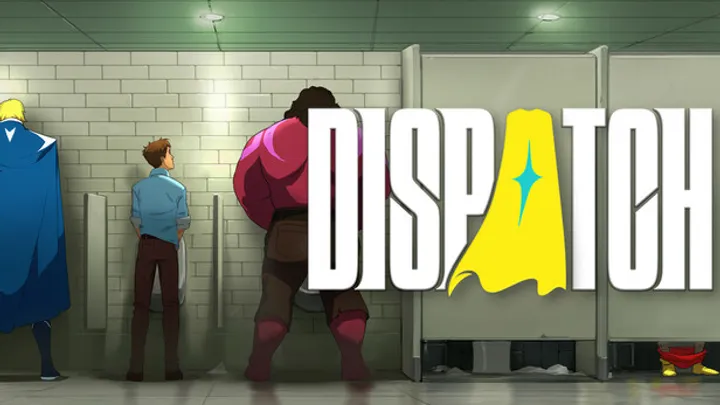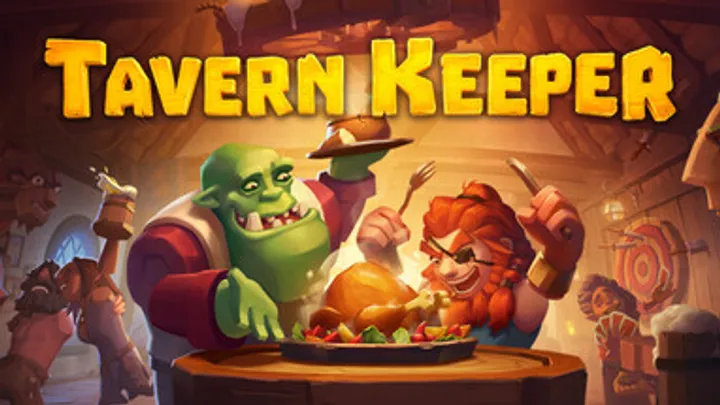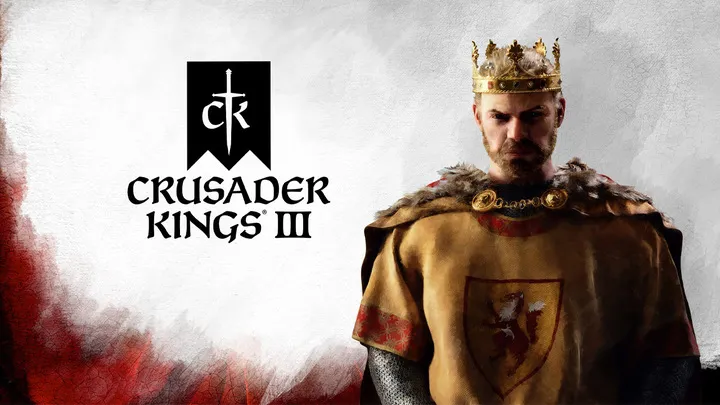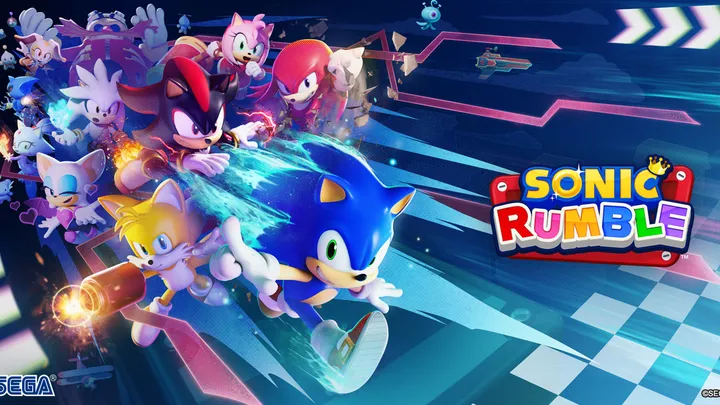
Introduction
Sifu, developed by Sloclap, introduces players to an intricate system of martial arts combat blended with a compelling storyline framed around themes of vengeance, aging, and the cyclical nature of life and death. Players navigate the journey of a young kung fu student avenging the death of their family members by defeating five bosses, each representing a significant chapter in their life. However, this journey is complicated by the unique mechanic that allows players to age each time they die, leading to a significant exploration of the relationship between skill mastery and the inevitable decline that comes with aging. This article examines the specific issue of the aging mechanic in Sifu, analyzing how it influences gameplay, narrative, and the overall player experience.
The Premise: A Story of Vengeance
Setting up the Plot
Sifu transports players into a beautifully designed world rich with cultural references and martial arts lore. Players embody a young character driven by anger and revenge, seeking to avenge their family's assassination. This quest leads to confrontations with various antagonists, each more formidable than the last.
Thematic Depth
The narrative explores deeper themes related to loss, revenge, and the cyclical nature of violence. As the protagonist fights through their anger, players are prompted to consider if vengeance truly brings peace. This emotional underpinning is critical, but it is the aging mechanic that interweaves these themes with gameplay mechanics, enabling a rich player experience that transcends traditional action games.
Introducing the Aging Mechanic
Upon defeat, players can resurrect using a mystical talisman, but with a caveat: every resurrection adds years to the character's age, which brings both advantages and disadvantages. Players start as a young adept, but with each death, they mature physically and unlock new moves. This aging process directly influences gameplay, creating a deep philosophical dialogue around the costs of violence and the nature of expertise.
The Aging Mechanic: A Unique Gameplay Feature
How Aging Works
The aging mechanic in Sifu is pivotal to its gameplay loop. Players begin their journey at age 20, and upon dying, they can resurrect but age one year each time, up to a maximum of 70. Aging signifies not just a numerical increase but also thematic weight, as the protagonist loses health but gains new abilities.
Changes in Combat Abilities with Age
As players age, they unlock new techniques that reflect greater mastery of martial arts. For instance:
- New Move Sets: Older versions of the character gain access to advanced techniques that offer greater power or area effects, allowing players to tackle tougher foes.
- Skill vs. Health Trade-off: While younger characters exhibit greater agility and health, older characters present a more robust fighting style with stronger attacks but decreased survivability.
This dynamic introduces interesting strategic decisions regarding how players approach each encounter, weighing the benefits of aging against the consequent vulnerabilities.
The Emotional Weight of Aging
The aging mechanic is also evocative of life's temporality; players may feel a sense of loss each time they age. The more players die, the closer they come to the finality of their journey. Consequently, every battle becomes not just a test of skill but also a fight against time, reinforcing the narrative’s exploration of mortality.
Navigating the Consequences of Aging
Striking a Balance
The challenge lies in managing the duality of aging and retaining player engagement. As players die and resurrect, they must also contend with their diminishing health and agility. This encourages a careful approach to combat, pushing players to learn enemy patterns, sharpen their skills, and optimize their strategies.
The Broader Impact on Gameplay
- Adaptation to Aging: Players develop personalized strategies that capitalize on the evolving attributes of their character as they progress through ages.
- Learning Cultivation: The age mechanic encourages a learning mindset—players must pay attention to their mistakes, as the cost of failure becomes increasingly significant.
- Emphasizing Skill Mastery: The aging mechanic forces players to improve their hand-to-hand combat skills, as the urgency to master moves by younger ages becomes apparent.
The Challenge of Players’ Expectations
While many players appreciate the unique challenge and thematic depth that aging provides, it can also lead to significant frustrations. Newer players may find the mechanic punishing, particularly if they lack the experience necessary to navigate confrontations effectively. Finding a balance between accessibility for newcomers while maintaining challenge for veterans is a delicate task.
The Influence of Art and Design
Visual Style and Presentation
The artistic direction of Sifu enhances the experience of its unique mechanics. The game features stunning visuals that blend stylized animations with rich textures representing the martial arts backdrop. Each location is designed with precision, from tranquil temples to bustling urban settings, immersing players into the narrative fully.
Art Communicating Aging
As the character ages, subtle visual design changes reflect this journey. Players can see physical transformations, such as changes in posture and speed. The art style complements the thematic notions of growth and decline, visually marrying gameplay with narrative.
The Impact of Animation
- Fluid Combat Animations: Each combat style feels polished and responsive, enhancing player engagement as they pull off intricate moves.
- Age-Related Visuals: Aging is depicted not just through stats but through visual cues—characters move differently as they age, showcasing experience yet also emphasizing decline.
Creating Emotional Resonance
The juxtaposition of beautiful aesthetics against the harsh realities of aging deepens the emotional impact. Players navigate breathtaking environments with the underlying tension of their character's mortality, enriching the gameplay experience with a profound emotional context.
Mastery and Growth: Skill vs. Age
The Journey of Improvement
For many players, Sifu is not just a game about vengeance; it is about personal growth and mastery in combat. The concept of aging ties heavily into this emotional narrative. As players face challenges, they begin to understand that with each failure, they are not just losing life stages but gaining profound lessons in combat.
Learning Through Failure
The dialogue surrounding failure is crucial to understanding Sifu's mechanics:
- Reinforcement Learning: Players adapt strategies through iterative learning, fostering a deeper connection with the game's mechanics and environment.
- Combat Progression: Even as players age and lose health, they unlock significant combat abilities working towards mastery—embodying the idea that experience comes with age.
- Building Player Identity: The cycle of life and aging creates a sense of identity for players; as they become more skilled, they evolve, mirroring the personal journey of the character.
Risks of Frustration
Despite the potential rewards of this mastery-driven framework, the aging mechanic can lead to potential frustration. Players facing a series of defeats may find themselves rapidly aging, detracting from their enjoyment of discovering more combat strategies.
Addressing Learning Curves
To alleviate feelings of frustration, the game could offer:
- Adaptive Difficulty: Introducing mechanics that mitigate the impact of aging during continuous failures could encourage sustained engagement.
- Extra Practice Modes: Allowing players to practice combat mechanics in a stress-free environment may reduce anxiety during actual gameplay, enabling them to explore more martial arts styles without the looming threat of aging penalties.
The Philosophical Undertones of Aging and Death
Encounters with Mortality
Throughout Sifu, players face not just enemies but the underlying themes of mortality and the consequences of their pursuits. The age mechanic offers a poignant metaphor for life: every decision counts, and recklessness leads to decline.
The Nature of Revenge
The emotional core surrounding revenge becomes intertwined with aging. As players pursue vengeance, they confront their mortality. This creates a layered narrative, inviting players to reflect on their motivations, the consequences of violence, and what ultimately drives them forward.
Philosophy of Violence
- Retaliation and Consequence: The brutal system of combat reflects real-world themes, questioning the ethics of revenge and violence.
- Cyclical Nature of Life: Each defeat is a reminder of life’s transience; players confront loss while discovering personal growth alongside their character—underscoring the universal experience of aging.
- Exploration of Forgiveness: The game nudges players to contemplate the need for forgiveness, not just of others but also of oneself, as the quest for vengeance unfolds.
Impact on Player Experience
The philosophical undertones solidify Sifu as more than just a fighting game. They create a meditative experience that encourages self-reflection amidst the thrill of combat. Players who engage fully with these themes find that their gameplay resonates on a deeper emotional level—transforming deaths into enlightening moments rather than mere failures.
Community Reception and Player Demographics
Varying Player Perspectives
Upon its release, Sifu received critical acclaim for its innovative approach and unique mechanics, with many praising the aging system. However, reactions from the player base revealed a divided opinion about its effectiveness. Some players celebrated the depth it adds, while others expressed frustration with the difficulty it imposed.
Engaging Diverse Audiences
The player demographics of Sifu reveal varying backgrounds in terms of experience with martial arts games. Veterans who appreciate challenging gameplay may embrace the aging mechanic wholeheartedly, while newcomers looking for accessible entry points often feel overwhelmed by the learning curve.
Balancing Inclusivity
- Encouraging Community Feedback: Recognizing the range of player experiences requires developers to actively engage with the community to understand their needs and preferences.
- Varied Approach to Difficulty: By allowing flexibility in difficulty adjustments, players with differing skill levels can still find enjoyment and satisfaction in their gameplay.
- Fostering Collaboration: The game fosters a community where players can share strategies and combat techniques, bridging gaps in knowledge and promoting an inclusive atmosphere.
Future Developments and Expansions
Capcom’s attention to community feedback will likely shape future expansions or sequels. Ensuring that players feel heard and adapting the core mechanics based on diverse player needs can enrich the overall experience and encourage continued engagement in the Sifu universe.
Technical Performance: A Seamless Experience
Importance of Technical Cohesion
The technical execution in Sifu significantly impacts immersion and player satisfaction. Smooth gameplay mechanics, quick load times, and well-optimized graphics deepen the emotional weight of the experience.
###0 Performance Challenges
While Sifu excels in its artistry, some players have reported performance issues like frame rate dips during intense fights, which can hinder fluid combat experiences. These technical details can detract from the overall enjoyment, especially during challenging encounters.
Addressing Technical Issues
- Regular Updates and Patches: Timely performance updates demonstrate developers' commitment to providing a smooth gameplay experience.
- Performance Optimization: Ensuring the game runs efficiently across a variety of systems can lead to greater accessibility for players as a whole.
- Community Reports: Engaging with player feedback on technical issues can help developers prioritize what to address and improve.
Enhancing the Player Journey
When developers give attention to technical issues, they contribute to enriching the player's journey through Sifu, creating meaningful interactions that resonate strongly with their experiences.
Conclusion
Sifu stands as a unique and ambitious endeavor in the gaming landscape. Its combination of innovative gameplay mechanics with rich philosophical themes creates an experience that challenges players in both action and contemplation. The aging mechanic transforms the game from a simple martial arts combat title into a narrative exploration of life, death, and the consequences of one's choices.
However, the balancing act between accessibility and challenge remains critical. Developers must ensure that newcomers can engage with the experience while still retaining depth for seasoned players. Addressing issues related to narrative coherence, combat mastery, and technical performance can foster a community where the history of aging and vengeance resonates deeply, providing an emotionally charged experience that lingers long after the game ends.



